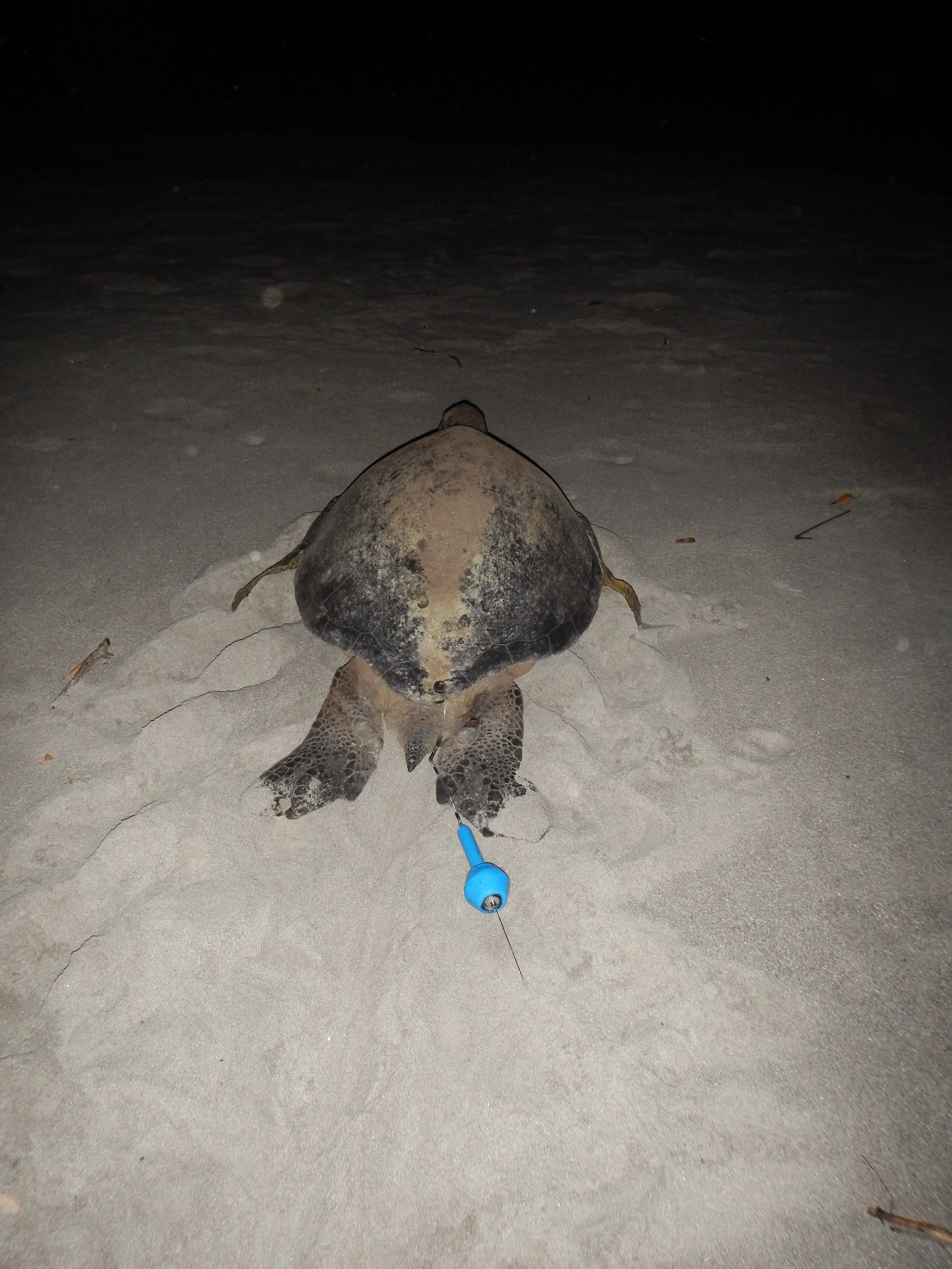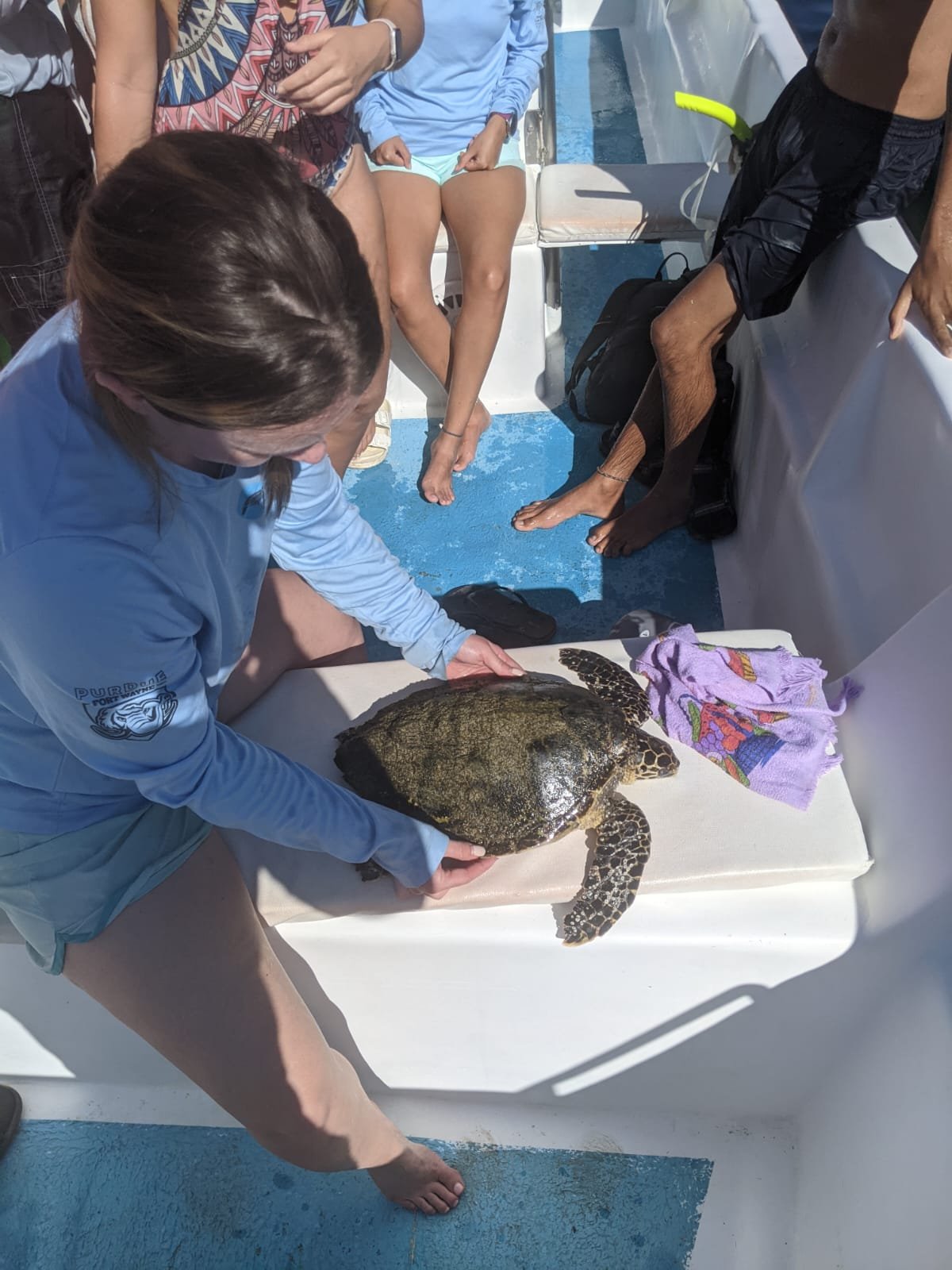Chelsea Durr, PhD provides environmental consulting, data analysis, and sustainability strategy services for businesses and NGOs. Science-backed solutions to reduce risk, improve impact, and secure funding.
Satellite Tags for Sea Turtle Research (with a special focus on Leatherback Turtles)
I originally pulled this together to make sense of all the satellite tag options out there for sea turtle work—what actually works, what doesn’t, and who makes what. If you're in the field or planning a study, maybe this will help you too.
Many of our federal conservation laws were built in a different era—when our economy was more stable and our communities felt more secure. Today, we need to ask whether these laws still serve both people and wildlife. Because conservation isn’t just about protecting nature—it’s about sustaining the communities that live alongside it.
In conversations about conservation and technology, statements like "The world doesn’t need AI, the world needs water" often gain traction. While they may resonate emotionally, they present a dangerous false equivalence. This line of thinking suggests that innovation is somehow at odds with solving fundamental environmental problems, when in reality, innovation is one of our most powerful tools for creating a sustainable future.
The climate damage we face today is a reality, and while its roots run deep, pointing fingers about the past won’t change the present. Instead, we must channel our energy into actionable solutions that safeguard our future. The private sector holds immense power to combat climate risk and lead the way in wildfire mitigation through smarter business practices.


